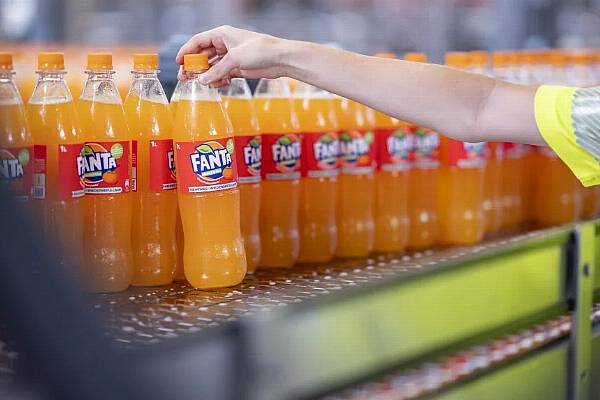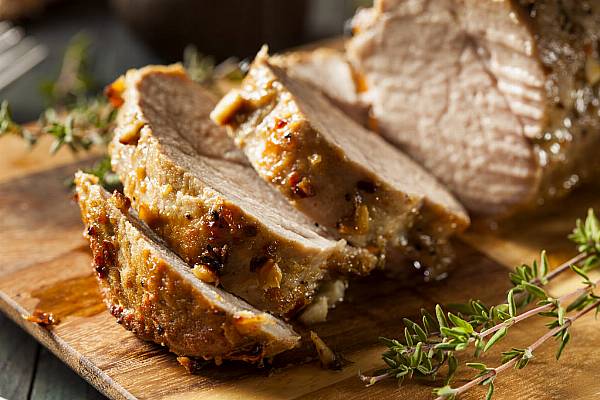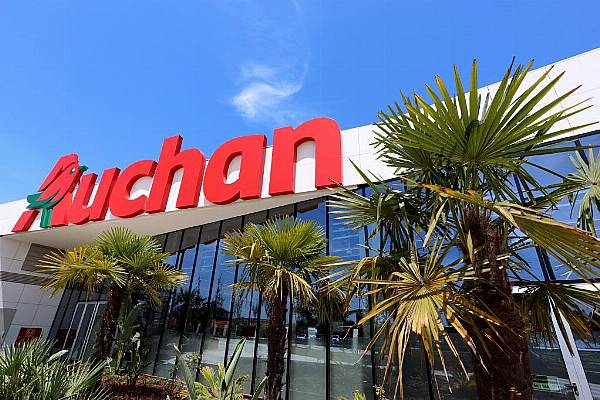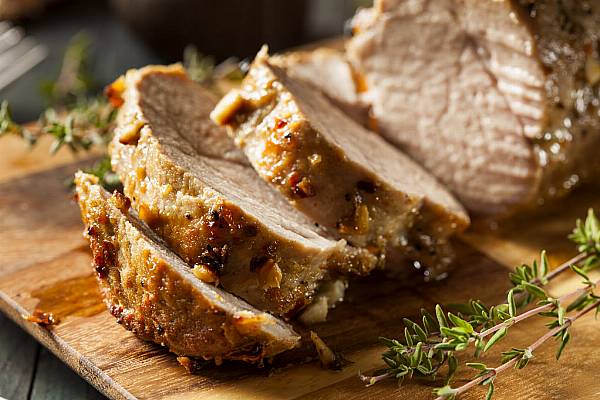Osem, the Nestle SA-owned foodmaker that sells 85 per cent of its products in Israel, stands to lose the most from rules designed to spur competition.
Israeli authorities are phasing in measures to ease regulations on food imports, and as of 15 January, new rules may limit the ability of large local foodmakers such as Osem to wield influence over retailers, according to the Israel Brokerage & Investments and Bank Leumi Le-Israel.
Shares of Osem, which does more business in Israel than competitors, have declined four per cent this month.
The rules, which prohibit large suppliers from offering bonuses or quantity discounts to retailers, are part of a push to slow gains in food prices that have outpaced wages over the past decade.
Politicians such as former Finance Minister Yair Lapid have made the debate about the cost of living a key part of their campaigns before the March 17 general election.
"The regulation focuses on strengthening the small- and medium-sized suppliers at the expense of the very large ones, and in practical terms, targets Osem directly,” said Dorin Palas, an analyst at Tel Aviv-based IBI, who downgraded the stock to a reduce from neutral last week.
Shares of Osem, the country’s second-largest publicly traded foodmaker, tumbled 18 per cent in 2014, the biggest annual decline since 2005. The company, based in the Israeli town of Shoham, didn’t immediately respond to telephone and e-mailed requests for comment.
The rules that go into effect this week have their roots in a summer of cost-of-living protests that brought hundreds of thousands of people into the streets in 2011.
Food prices rose 38 percent between 2005 and 2014, while wage increases have trailed at 27 percent, according to government data. Food accounts for almost 17 per cent of Israeli household spending.
Under the new changes, retailers must limit the shelf space devoted to the largest foodmakers’ products.
Suppliers will be prohibited from dictating retail prices, selling products below cost and making the sale of one product contingent on a retailer’s purchase of another. They’ll also be barred from pressuring retailers to shun the competition.
News by Bloomberg, edited by ESM














